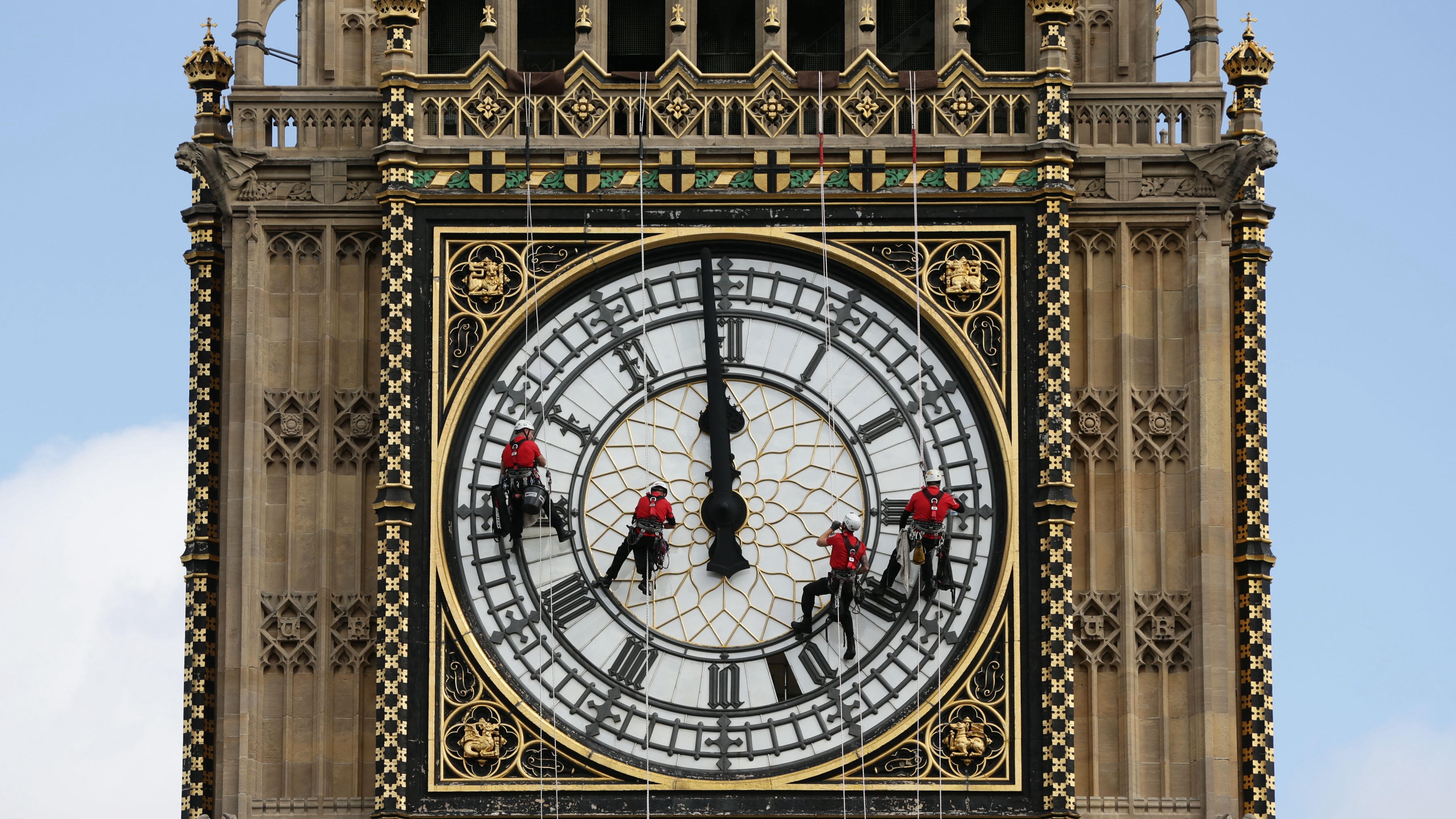Curious Questions: Why do the clocks go forward in Spring?
As we move from Greenwich Mean Time to British Summer Time, some of your might be wondering: why — and if we'll always continue to change the clocks twice a year.


It’s time of year again when we need to alter our timepieces. In case you hadn’t realised it, British Summer Time (BST) starts at 1 am on Sunday, March 30, when the clocks will leap forward to 2am. The loss of one hour’s sleep is a minor inconvenience, I always feel, for the benefit of lighter evenings, always a welcome psychological fillip and a sign that summer is on its way.
The idea of using different time during the summer is actually an ancient one, and Founding Father of the US Benjamin Franklin was among those. But a dual system of Greenwich Mean Time (GMT) in the winter and BST in the summer was first mooted by William Willett, in a pamphlet published in 1907, entitled The Waste of Daylight. Willett wasn’t a scientist, but a builder — and also, as it happens, great-great grandfather of Coldplay’s frontman, Chris Martin.
He was also a keen golfer, and it was this that prompted his idea: he resented the fact that the early onset of dusk curtailed his game. He was successful in lobbying Liberal MP Robert Pearce to introduce the Daylight Saving Bill in 1908. The bill, though, was rejected by the House of Commons and Willett, who died of influenza in 1915, was to miss out on seeing his dream come true by one year.
Ultimately, daylight saving was introduced in Britain in 1916 to conserve energy and help the war effort rather than to appease frustrated golfers. Taking their lead from the Germans, the British moved their clocks forward by one hour between May 21 and October 1. The move was so popular that BST has remained to this day, although the start and end dates — the last Sundays in March and October respectively — were only aligned across the European Union from October 22, 1995.
At the end of summer 1940, once more to conserve energy, clocks were not turned back. When the clocks were moved an hour forward in spring 1941, Britain operated a British Double Summer Time and continued to do so until the winter clock was realigned once more with GMT in the autumn of 1947. More radically, between February 1968 and November 1971, BST was adopted the whole year round on a trial basis. Due to its unpopularity, though, particularly among the farming community, the government abandoned the exercise in 1972 and reinstated the dual system.
This may not be the end of the saga. In 2018, 84% of people polled in the EU's most successful public consultation (4.6 million people took part) agreed with the Union's proposal to stop moving the clocks back and forward every six months. However, Governments couldn't agree to wintertime or summertime becoming the norm — and then the pandemic got in the way.
If the EU — and Britain — were to finally come to a decision, we'd actually be joining the majority of the world's population. China and India don't use it, and in the rest of Asia, Africa and South America Daylight Saving Time (DST) has been abandoned almost everywhere, barring a few outliers such as Paraguay and Syria. We in Europe tend to think of daylight savings time it as universal, but it couldn't be further from the truth.
Exquisite houses, the beauty of Nature, and how to get the most from your life, straight to your inbox.
After graduating in Classics from Trinity College Cambridge and a 38 year career in the financial services sector in the City of London, Martin Fone started blogging and writing on a freelance basis as he slipped into retirement. He has developed a fearless passion for investigating the quirks and oddities of life and discovering the answers to questions most of us never even think to ask. A voracious reader, a keen but distinctly amateur gardener, and a gin enthusiast, Martin lives with his wife in Surrey. He has written five books, the latest of which is More Curious Questions.
